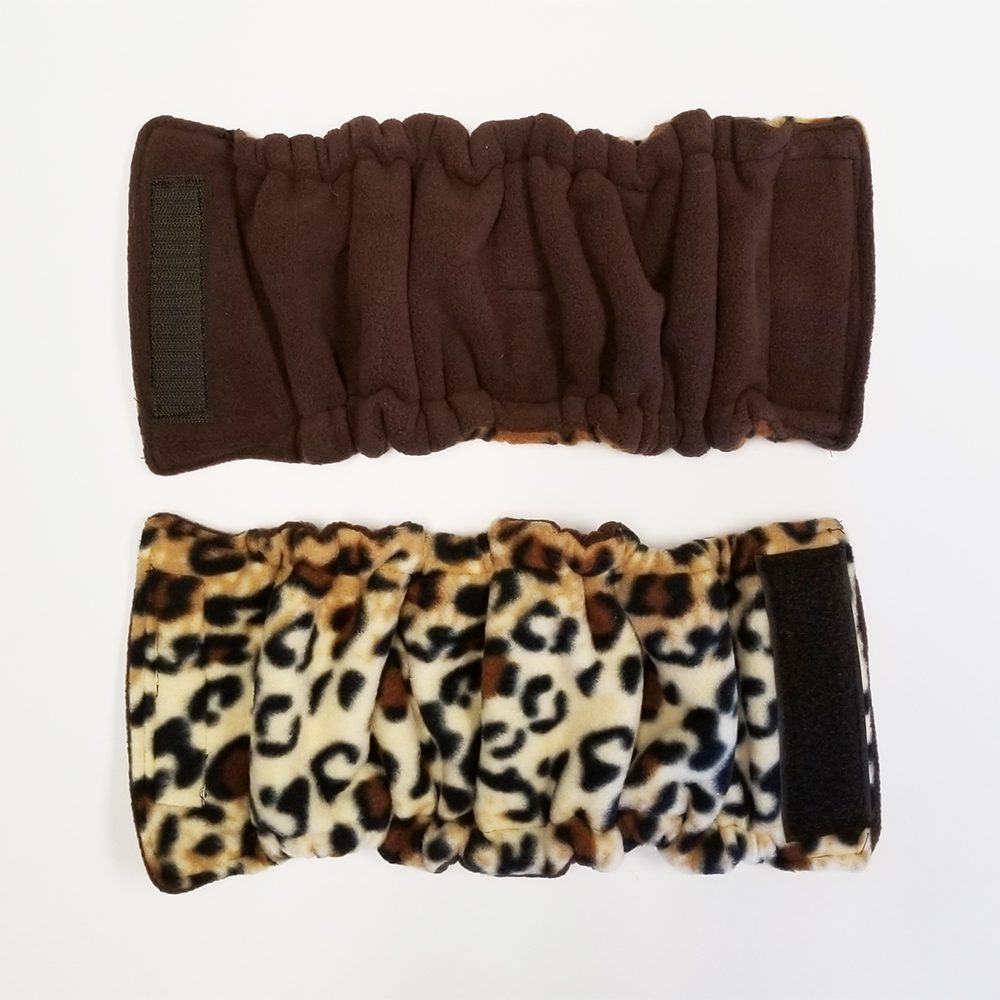Labrador Retriever

Labrador Retriever: The Friendly and Versatile Family Dog
Welcome to the comprehensive guide on the Labrador Retriever, one of the most popular breeds renowned for its friendly nature, intelligence, and versatility. This page offers an in-depth look at the Labrador Retriever, a breed admired for its ability to excel in various roles, from loyal family pet to skilled working dog.
Overview
AKC Height: Males: 22.5-24.5″; Females: 21.5-23.5″
AKC Weight: Males: 65-80 pounds; Females: 55-79 pounds
Colors: black, chocolate, yellow
Life Expectancy: Average 12-13 years
Group: Sporting Group
____________________________________________
Physical Characteristics
- Robust and Athletic Build: Labrador Retrievers are medium to large-sized dogs, known for their strong, athletic build and short, dense coat which comes in black, yellow, or chocolate.
- Expressive and Kind Eyes: They have a friendly and intelligent expression, accentuated by their soft eyes and broad head.
Temperament and Personality
Labradors are celebrated for their gentle disposition, eagerness to please, and outgoing personality. They are highly social and get along well with children and other animals, making them ideal family pets. Their adaptability and trainability also make them excellent choices for various service roles.
Training and Exercise Needs
- Training: They are highly trainable and respond well to positive reinforcement. Their intelligence and desire to please make them great candidates for obedience, agility, and service work.
- Exercise: Regular exercise is crucial to keep them physically fit and mentally stimulated. Activities like swimming, fetching, and long walks are ideal.
- Mental Stimulation: Labradors thrive on mental challenges and enjoy games that stimulate their retrieving instincts.
Health and Nutrition
- Diet: A balanced diet suitable for an active, medium to large-sized breed is essential. Regular veterinary check-ups are important to maintain their health.
- Health: Labradors are generally healthy dogs; however, like all breeds, they may be prone to certain health conditions, including hip dysplasia, elbow dysplasia, progressive retinal atrophy (PRA), and certain genetic disorders such as exercise-induced collapse (EIC). Responsible breeding practices and regular veterinary check-ups can help minimize the risk of these health issues and ensure a long and healthy life for Labradors. Dog Health Dictionary
Grooming and Care
- Coat Maintenance: Their short coat is relatively low-maintenance but requires regular brushing to manage shedding.
- General Care: Routine health care practices, including dental hygiene and ear cleaning, are essential for their overall well-being.
Living with a Labrador Retriever
- Family Compatibility: They are excellent with families and adapt well to various living situations.
- Adaptability: Labradors are versatile and can thrive in both active and relaxed environments, as long as they receive adequate exercise and attention.
- Companionship: Labradors form deep connections with their owners and enjoy participating in family activities.
Responsible Ownership and Adoption
- Selecting a Breeder: Opt for breeders who prioritize health, temperament, and adherence to breed standards.
- Adoption Options: Adoption from shelters or breed-specific rescues is a great way to provide a loving home to a Labrador Retriever in need.
.
Conclusion: The Labrador Retriever, with its friendly nature, versatility, and trainability, is an outstanding breed for those seeking a dependable, affectionate, and active companion. Their sociable and adaptable nature makes them a beloved choice for families, individuals, and service roles.
Housebreaking
PUPPY HOUSEBREAKING tips: https://www.dog-breeds.net/puppy-housebreaking/
ADULT MARKING AND RETRAINING tips: https://www.dog-breeds.net/dog-housebreaking-marking-page/



